We have allowed the system to be so corrupted that many want justice to be "empathetic," not blind
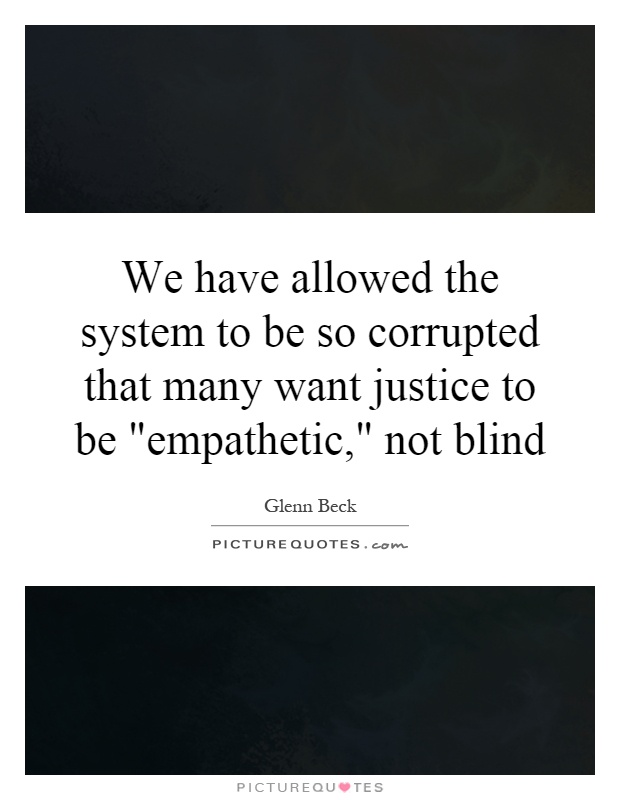
We have allowed the system to be so corrupted that many want justice to be "empathetic," not blind
In recent years, there has been a growing sentiment among the public that the justice system is no longer functioning as it should. Many people feel that the system has become so corrupted that it is no longer capable of delivering true justice. This sentiment has been particularly pronounced in the case of Glenn Beck, a controversial political commentator and media personality who has been at the center of numerous legal battles.Beck has been a polarizing figure in American politics for many years, known for his incendiary rhetoric and conspiracy theories. He has been involved in several high-profile legal disputes, including defamation lawsuits and allegations of inciting violence. In many of these cases, Beck has been accused of using his platform to spread misinformation and promote harmful ideologies.
As a result of these controversies, many people have come to see Beck as a symbol of everything that is wrong with the justice system. They believe that he has been able to evade accountability for his actions due to his wealth and influence, and that the system has failed to hold him to account. This has led to a growing demand for justice to be "empathetic," rather than blind.
The idea of "empathetic justice" is based on the belief that the legal system should take into account the individual circumstances of each case, rather than applying a one-size-fits-all approach. Proponents of this approach argue that true justice can only be achieved when the needs and experiences of all parties involved are taken into consideration. They believe that empathy and understanding are essential components of a fair and just legal system.
However, critics of this approach argue that justice should be blind, and that the law should be applied impartially and without bias. They argue that allowing empathy to influence legal decisions could lead to inconsistencies and unfairness in the system. They believe that the rule of law should be upheld above all else, and that emotions should not play a role in determining guilt or innocence.



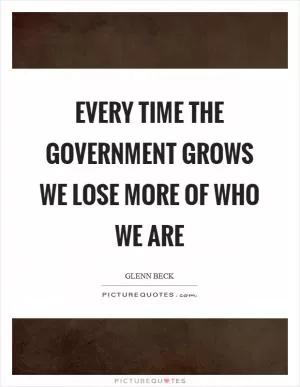



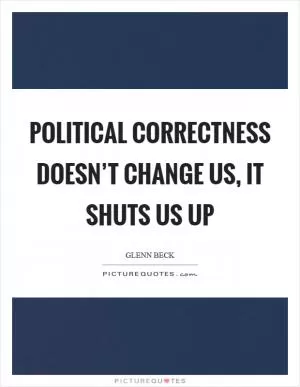
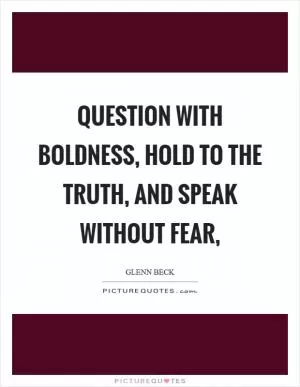
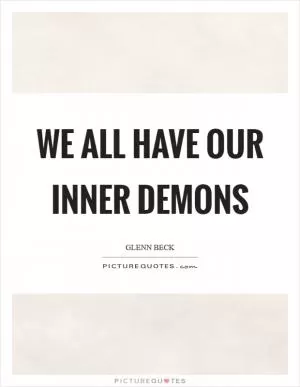
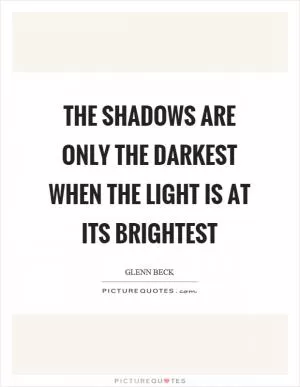
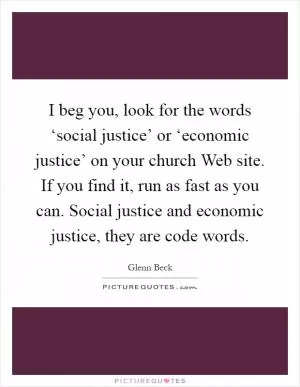
 Friendship Quotes
Friendship Quotes Love Quotes
Love Quotes Life Quotes
Life Quotes Funny Quotes
Funny Quotes Motivational Quotes
Motivational Quotes Inspirational Quotes
Inspirational Quotes